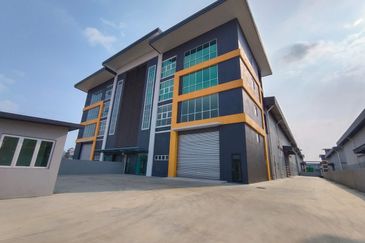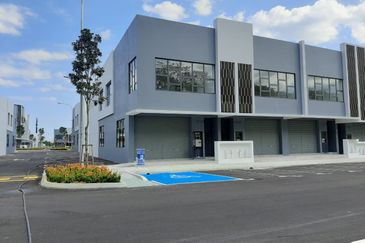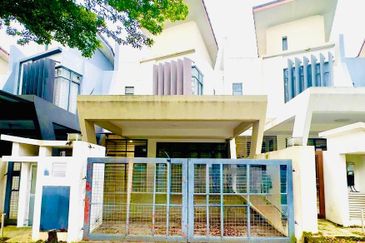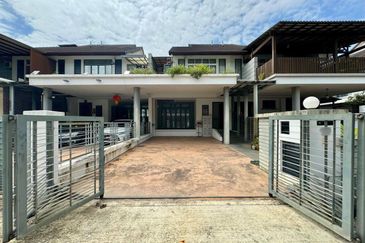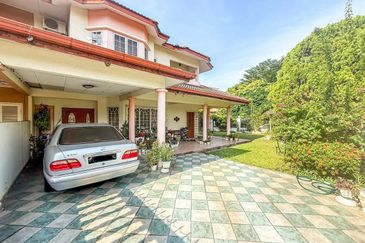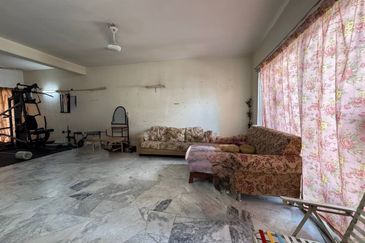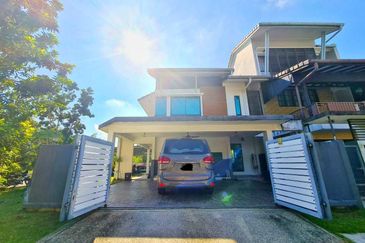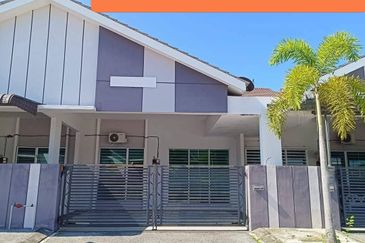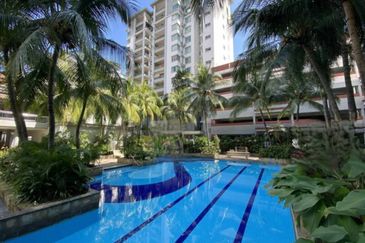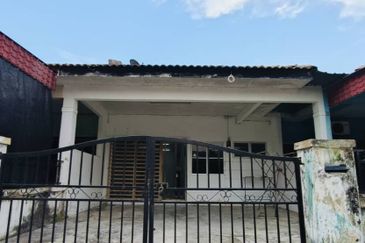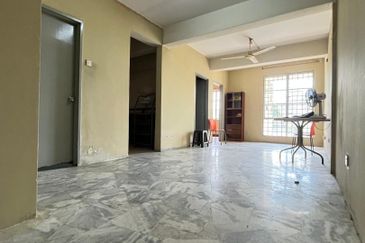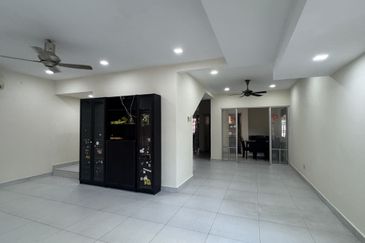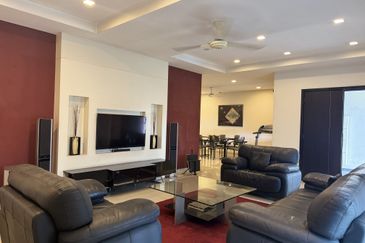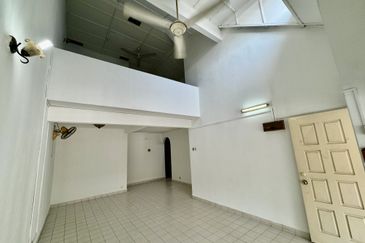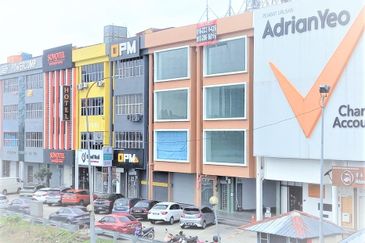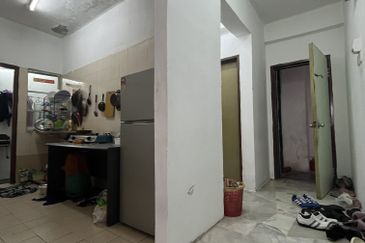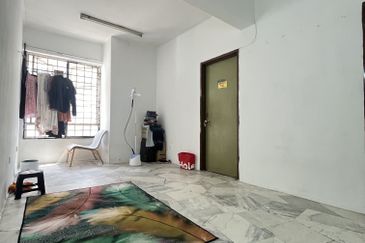
- Teng said that during earlier times, especially the 1990s, property investors were often looking for profits through flipping. However, young homebuyers today have taken a different stance.
KUALA LUMPUR (July 31): The motivations driving homebuyers in Malaysia have undergone a significant transformation. There is a stark contrast between past and present generations, particularly a diminished focus on speculative gains among today’s young homebuyers.
The observation was highlighted by PropNex Malaysia CEO Marcus Teng at the Malaysia Property Xpo 2025 organised by the real estate agency.
The two-day event held over last weekend (July 26 and 27) here saw more than 10 speakers from various industries, including real estate leaders, economists, and valuation experts, who shared their insights on the current and future property market trends. EdgeProp was the media partner.
Read also
Malaysia Property Xpo 2025: PropNex debuts property masterclass in Malaysia—what, when, how to buy
In a panel discussion titled “Malaysia & ASEAN: Property Outlook 2025–2026”, Teng said that during earlier times, especially the 1990s, property investors were often looking for profits through flipping. However, young homebuyers today have taken a different stance.
“They prioritise the value and lifestyle experience of a property. Today's youngsters aren't interested in how much profit they can make, because they no longer believe in it. [Moreover], perhaps those who entered the market 10 years ago are still struggling to exit because they bought at high prices,” Teng opined.
“The homebuyers’ mindset has shifted. In the past, people desired the largest possible space. Now, while space is still needed, it's not primarily because of more children. Instead, it's due to the rise of the work-from-home culture and changes in connectivity and lifestyle,” he added.
Teng also pointed out that Malaysia’s homeownership rate is still low compared to Singapore.
“In Singapore, [on the average], one person from the working population now owns at least two properties. In Malaysia, however, we haven't reached that level yet; it's about three-quarters, or 75%, of the working population,” he said.
Identifying value in property
In a sharing session titled: “The Property Investor's Mindset: Think Right Before You Buy Right”, PropNex Realty managing partner Ryan Ng emphasised the importance of buying properties with good value. He said that successful property investments focus on location, long-term holding, and understanding the market.
As a case in point on how these vital factors could override the cost factor, he shared how he bought a one-bedroom serviced apartment in Penang for RM630,000 12 years ago, which was considered a hefty sum then.
“With RM630,000, you could buy a terrace house or even a semidee in Penang [then].
However, I [stil]l thought it a very good investment opportunity for this project, as it was very hard to find a seaview high-rise with a selling price of RM630,000, because most of the condo in Penang Island with direct seaview were above 2,000 sq ft [then].
“If you go to Gurney Plaza or Gurney Drive, the old condos (with seaview) are RM2 million to RM 3 million. So, it was a very good opportunity for me to buy a smaller unit with a lower entry price in the project.
“[Eventually], I made a profit of RM300,000 within six months then,” Ng recounted.
He said that premium properties often have better resale value and rental potential, especially those projects in prime addresses. However, it is important to consider the sustainability and the ability to maintain monthly repayments. He also reminded buyers to maintain a debt service ratio of around 70%, and most importantly, not to overextend themselves financially when investing in property.
US trade policy shifts could impact Malaysia's industrial property market
Meanwhile, valuer company CCO & Associates director Chan Wai Seen said that Malaysia’s property market, particularly in the industrial sector, benefitted during US president Donald Trump’s first term, but the latest trade policy would impact the market significantly, especially since Malaysia’s tariff rate is higher compared to neighbouring countries.
“If our rate is higher, it will certainly impact our domestic market. To a certain extent, our manufacturing sector will be affected, and our GDP (gross domestic product) growth will be impacted as well.
“We still have to see how it progresses. I believe the Malaysian government will try its very best to get a lower rate. I think there's a strong likelihood they will succeed, especially since Indonesia has successfully negotiated a lower tariff,”Chan said.
Socio-Economic Research Centre (SERC) executive director Lee Heing Guie concurred, cautioning that while the data centre wave is turning Malaysia into a digital epicentre, the market cycle could come to an end, especially due to the reciprocal tariff policy.
He believes that property markets are inherently cyclical, and the data centre market will enter a consolidation phase, where foreign investors may reduce their footprints in Malaysia due to the uncertainty of the global economy, and the market may require more time to stabilise before the next data centre upcycle wave begins.
PropNex achieves ASEAN record for largest multi-sector property exhibition
At the event, PropNex also announced the platform has been recognised as the “Largest Multi-Sector Property Exhibition by a Single Real Estate Agency Offline and Online Platforms” on ASEAN Record—a record-keeping institution that focuses on recognising achievements and accomplishments across the ASEAN region.
“We have officially entered the ASEAN Book of Records for the largest multi-sector property exhibition—spanning residential, commercial, and industrial properties,” Teng enthused.
Looking forward, Teng hopes that PropNex Malaysia could provide more service for the homebuyers, not only from the marketplace but also via its Property Wealth System (PWS)—a real estate investment programme designed to help individuals build their property portfolios.
Does Malaysia have what it takes to become a Blue Zone, marked by health and longevity? Download a copy of EdgeProp’s Blueprint for Wellness to check out townships that are paving the path towards that.
TOP PICKS BY EDGEPROP

Desa ParkCity (Adiva)
Desa ParkCity, Kuala Lumpur
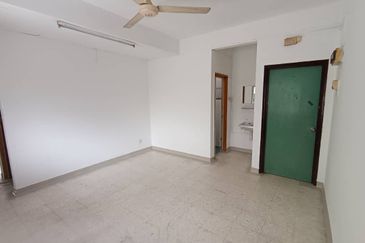
Apartment Melor, Bandar Baru Selayang
Selayang, Selangor
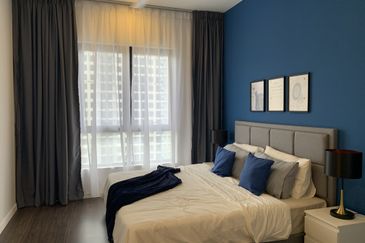
Novum @ Bangsar South
Pantai Dalam/Kerinchi, Kuala Lumpur

.jpg?4CjoVxShXkpBIdSi209pUytpwkZNqceD)
